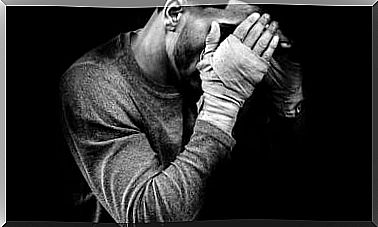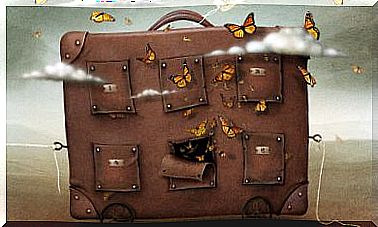In Each Child Humanity Is Born
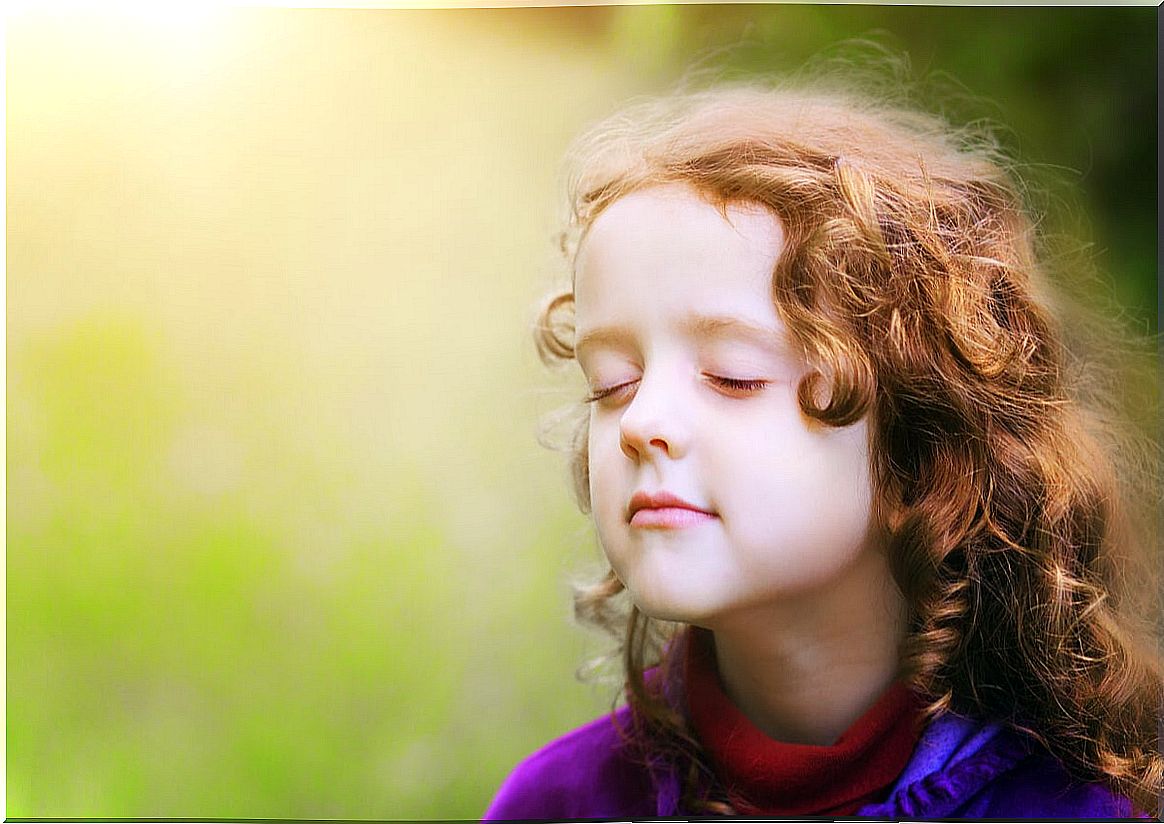
The help that humanity needs can only come through children because they are and will be the ones who write the future. In each child humanity is born, therefore we cannot treat children as second-rate people, because in the treatment that we dispense with them, their personality is being forged.
You have to take care of childhood and each child that goes through it, knowing that in each one of them a little piece of humanity is being formed. Goodness, joy, compassion, empathy are born in each child, but also hatred, resentment, revenge, so we have the obligation to know what to empower so that they reach adult life.
Childhood must and must be the sacred age. It is important to address the need to change the way of educating children, since the first years of life have a great influence on shaping the character of the person.
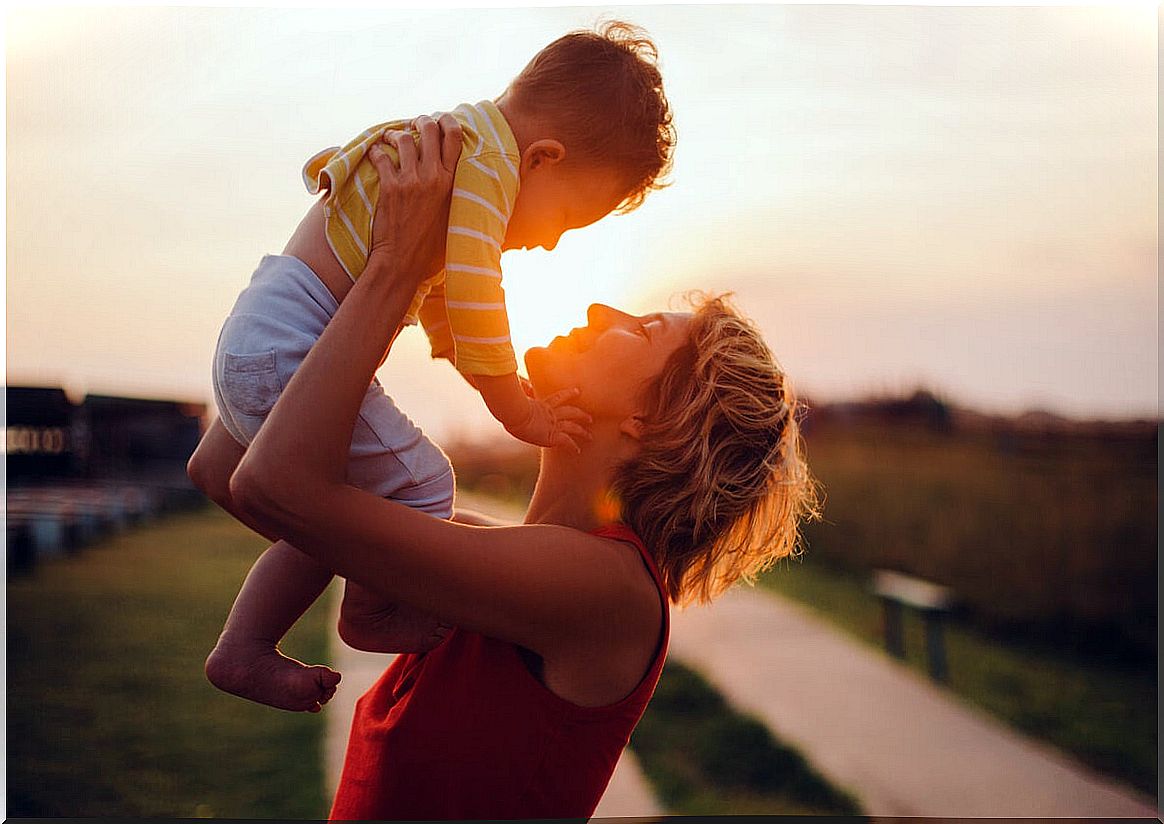
Childhood, the sacred age
We adults tend to educate without understanding the child. We resort to “they are children’s things” for everything they do and we cannot understand. In this sense, we have to identify and respect the feelings and emotions of the little one to understand what is happening to him.
Thus, sometimes we do not know how to capture or maintain the attention of a child, because, for example, the cortex has not yet developed to register a large number of orders in it and follow them. We accuse him and we can even punish him for disobeying, when in reality the mistake is ours by setting too many limits or giving them too many orders in a row.
Emotional self-regulation in adults is essential to educate children. Think that based on our way of reacting to events, children also learn what is the appropriate reaction to them . In this sense, it is also necessary to educate ourselves. Self-regulation ensures a balance between containment and allowance. In the past we had an excess of limits that did not work out well and now, on the contrary, it seems that we have a deficit that is not working well either.
Limits, at least most, should not be sanctioning or set under the influence of very strong emotion. It is very important for the child’s education that we are consistent with our words, no matter how much our emotional state sometimes asks us for something else. Emotions, such as anger or rage, are not good advisers when it comes to setting limits or administering sanctions.
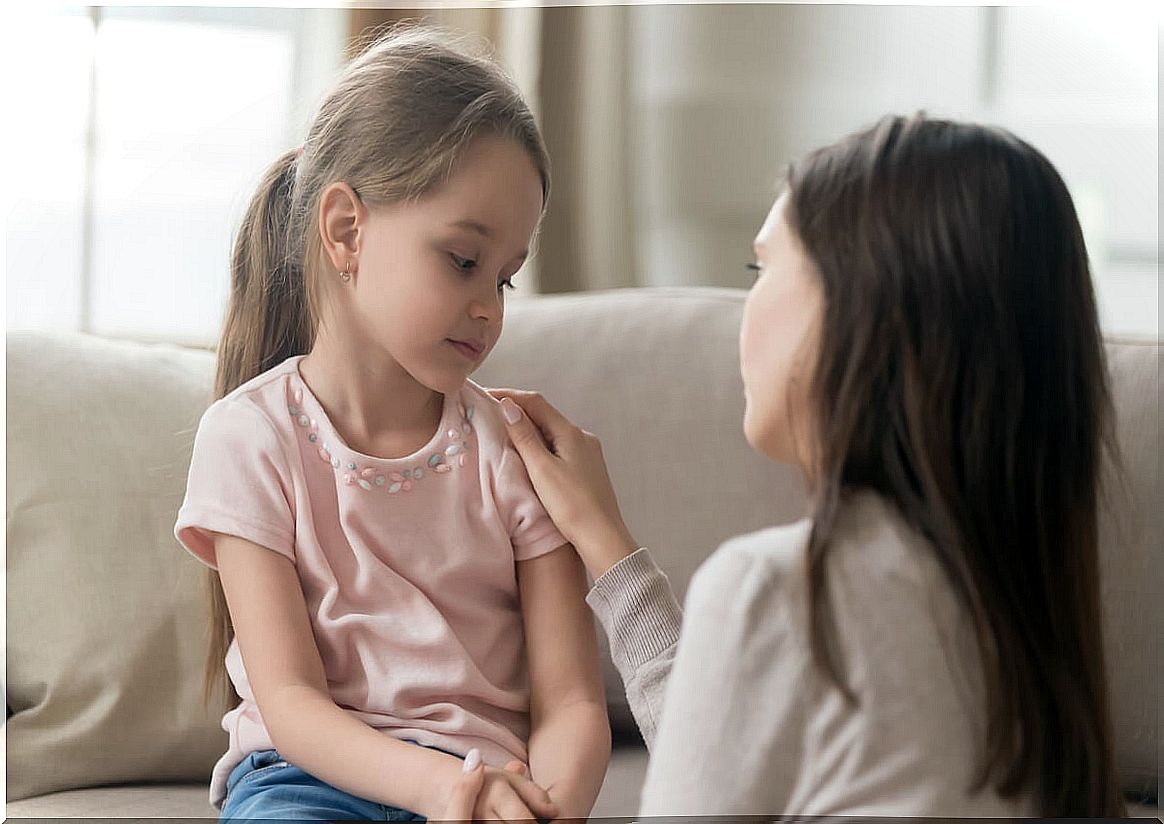
The first years of life greatly influence the formation of the personality
Early childhood, up to the age of three, is like the reserve fund for life. In those years, a basis for depression, bipolarity, and psychoticism is established or, on the contrary, skills and strengths can be acquired that protect us against them. We could say that childhood, in this sense, has a sacred character. In addition, it will be “more sacred” the younger the child is.
Many parents do not begin to pay attention to the development of the child until the early adolescence. We spoke before about parents who give many orders in a row; Well, there is also the opposite case, those parents who do not put any limits or do not give any responsibility to the child until adolescence begins. This is paradoxical because it will be difficult at this point, if we have not started before, since that is when their rebellion usually begins.
It is not only necessary to educate children at a normative, cognitive and intellectual level. Their emotional development is very important, to be able to accompany the development of today’s children: those in whom resides the hope of tomorrow, our hope.



